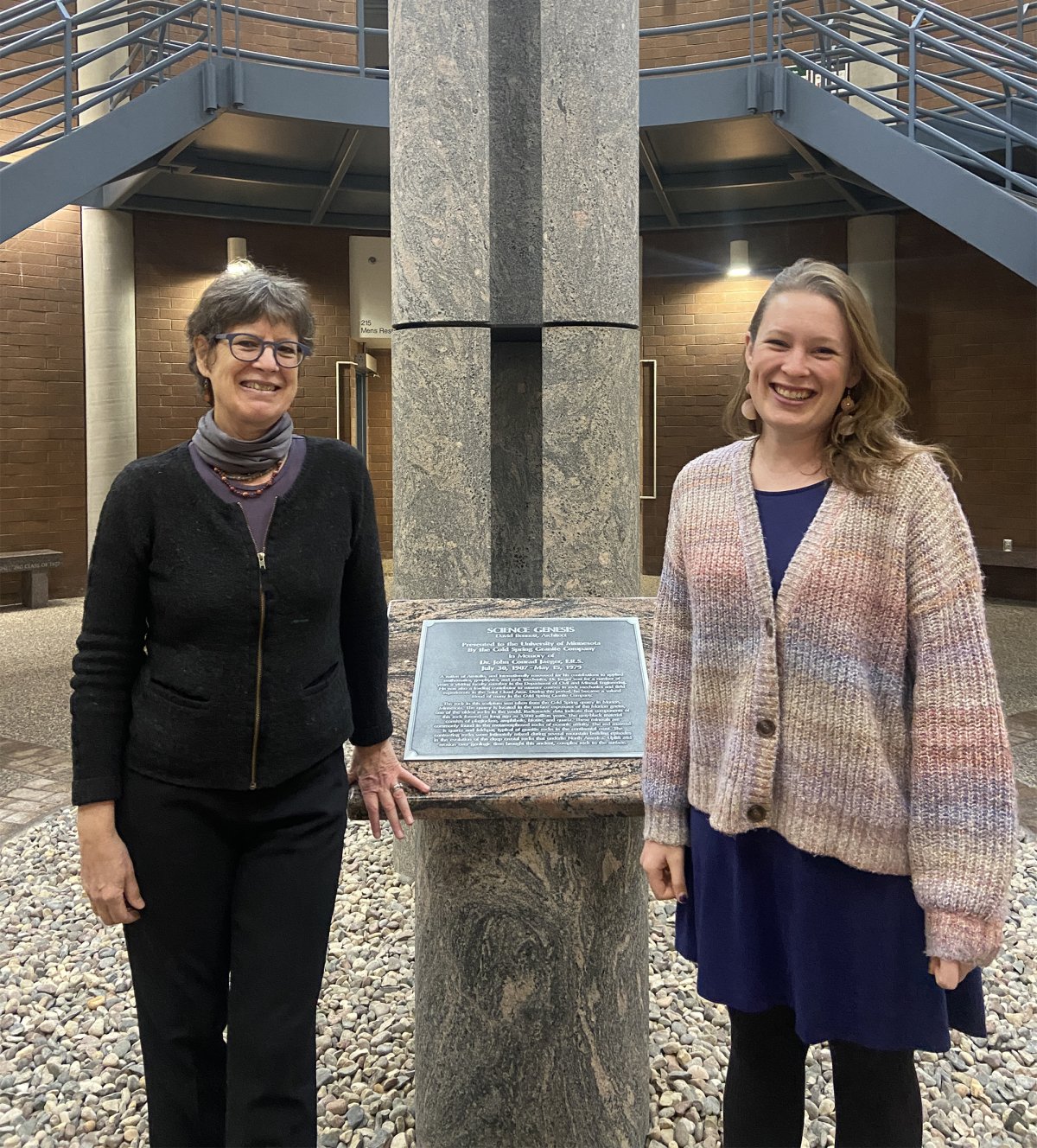How Fracking Affects Our Water
How fracking affects our water: Interacting with the public on critical zone science
A Warren Distinguished Lecture with Susan L. Brantley, Geosciences, Pennsylvania State University
Abstract
“Fracking” of shale at depth has ushered in a new era of natural gas development in the U.S. that has impacted water quality in some locations. In the mid-2000s, public outcry about “fracking” and water quality reached a fever pitch. Today, the pushback continues but is more muted. In this talk, Susan Brantley focuses on what has been learned over the last two decades about water impacts related to shale gas development (including fracking). Much of this talk describes work in Pennsylvania, a state with the longest history of commercial oil extraction in the world, but observations will also be made about the national situation. To investigate this topic required interaction with scientists from government, universities, and private industry as well as non-scientists living in areas of shale gas development. Only with such approaches to involve stakeholders in environmental issues can we learn how to protect the critical zone, the layer of the Earth from the canopy of vegetation to groundwater.
Speaker
Dr. Susan L. Brantley is the Evan Pugh University Professor and Hubert and Mary Barnes Professor of Geosciences at Pennsylvania State University. As a geochemist, Dr. Brantley focuses on understanding what controls the chemistry of natural water and how water interacts with the rocks, sediments, and soils through which it flows. Some of her recent work has focused on environmental impacts related to the use of hydraulic fracturing in natural gas extraction. Brantley, a member of the National Academy of Sciences and the American Academy of Arts and Sciences, is especially proud to be the mother of a recent Ph.D. recipient in the Department of Earth and Environmental Sciences at the University of Minnesota Twin Cities.
